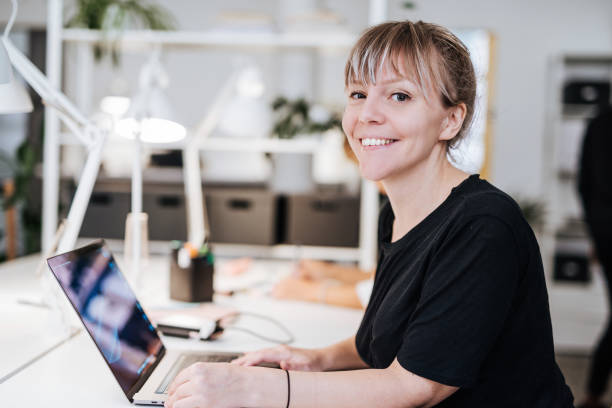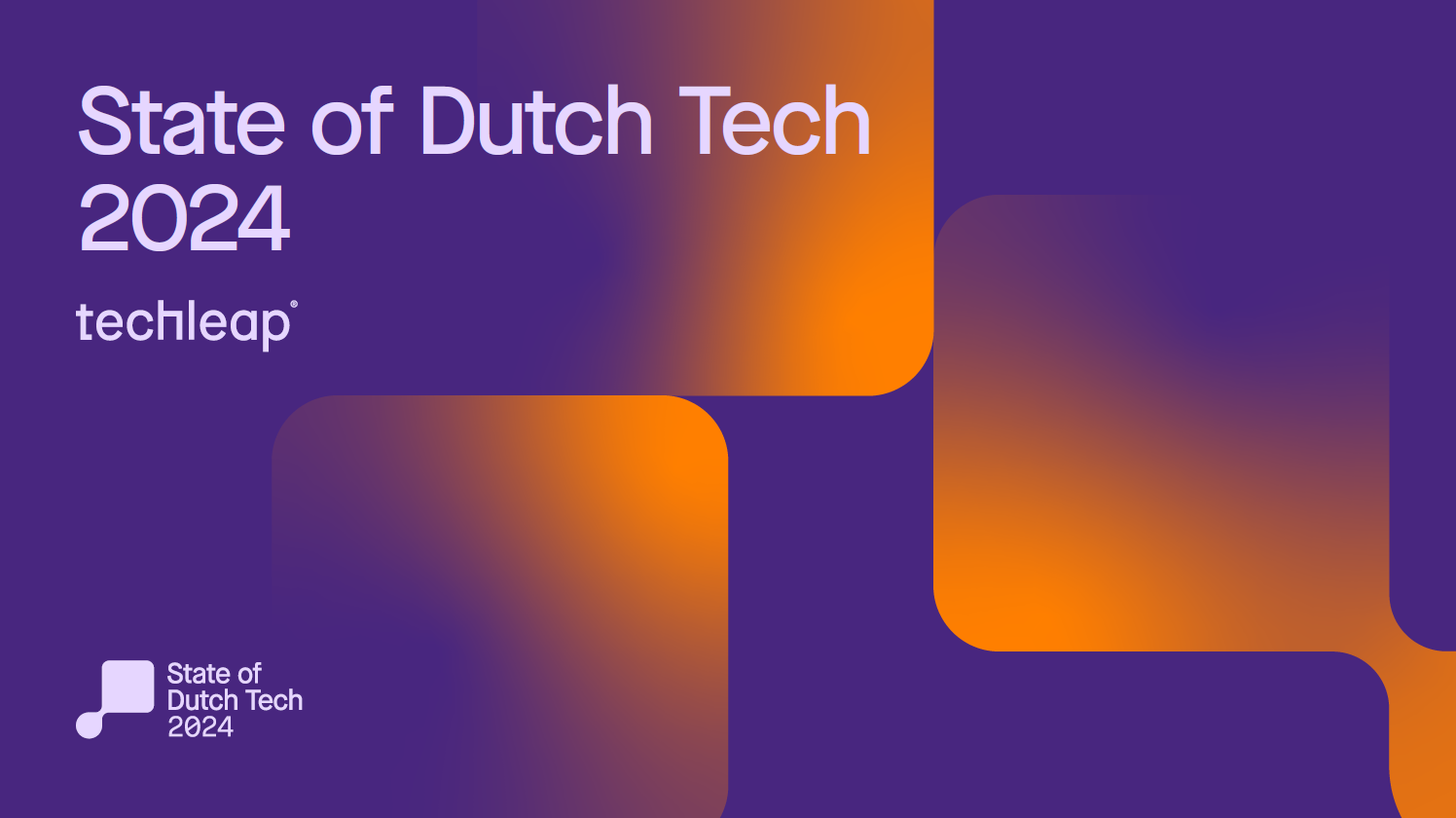March 6, 2024, 11:18
The growth of the Dutch technology sector has stagnated in the last year. Compared to European countries such as the UK and France, start-ups in the Netherlands grow more slowly because they take longer to attract investment. The lack of qualified personnel also slows down the development of the sector. This can be seen from the annual report Dutch State of Technology Report from Techleap, a non-profit organization for accelerating start-up growth and scale-up.
Techleap states that structural investment in the technology sector is necessary because these companies offer innovative solutions to challenges in, for example, climate and healthcare. Additionally, they act as engines of future jobs.
Despite the fact that the Dutch technology sector is still one of the best performing in Europe, investment fell by 25% in the last year. The Netherlands has no new ‘unicorns’ (private startups valued above 1 billion dollars) in 2022 and 2023 and no Dutch IPOs in the past year. The number of ‘unicorns’ and IPOs has also decreased across Europe in recent times.
The accelerated growth of technology start-up companies from the Netherlands is still lagging behind compared to Europe
Many start-up companies in the Netherlands experience funding difficulties at a later stage. More than two-thirds of startups (70%) fail to raise capital after making initial investments. What’s more, successful Dutch start-ups take an average of six years to receive their next capital injection. This means that Dutch companies are one year behind the European average, and two years behind American companies. Start-up companies are also becoming increasingly dependent on foreign investors in the later stages of their growth. International investors are involved in 85% of large investment rounds.
Focus on deep technology in the Netherlands
Constantine Orange
A positive trend is the growth of companies in the deep tech sector. In the Netherlands, almost half of investments (48%) last year went to the deep tech sector. Therefore, the sector earned 15% more profits than in 2022. Significant investments have been made in companies originating from universities, demonstrating the potential value of Dutch academia. However, current trends are no guarantee for the future. This primarily depends on the extent to which tech startups are able to achieve accelerated growth.
“There is huge potential to transform the Netherlands into a ‘deep tech nation’, embracing regional specialization and enabling Dutch expansion to enter international markets,” said Constantijn van Oranje, Techleap Special Envoy. “To secure our economic position, we must be able to transform our scientific and technological knowledge into successful companies. This requires an ambitious business climate and an open economy, with sufficient capital and human resources for companies to thrive.”
The demand for international talent is increasing
The Netherlands Technology Country also shows that it is still difficult to find qualified personnel compared to other European countries. Employment grew by 6 percent last year. One reason is the lack of specialized talent available, for example in positions such as software engineers and data scientists. According to Techleap, there is a lot to be gained in the Netherlands in terms of international talent and diverse and inclusive representation in organizations.
There are many Dutch innovations in the fields of health, food and semiconductors
In the Netherlands, sectors such as healthcare (€591 million), food (€257 million) and semiconductors (€216 million) stand out in attracting capital. Semiconductors in particular are experiencing huge growth: from €14 million in 2019 to €216 million in 2023. Fintech and software companies are actually seeing a drop in new capital. Investments made in these sectors decreased by 60 percent compared to last year. At European level, it is surprising that funding for energy technologies is increasing rapidly. In five years, investment in this area increased fivefold from €2.81 billion to €15.08 billion.
By Cas Spiertz

“Coffee trailblazer. Analyst. General music geek. Bacon maven. Devoted organizer. Incurable internet ninja. Entrepreneur.”





/s3/static.nrc.nl/wp-content/uploads/2024/02/web-0302buigrensai.jpg)

